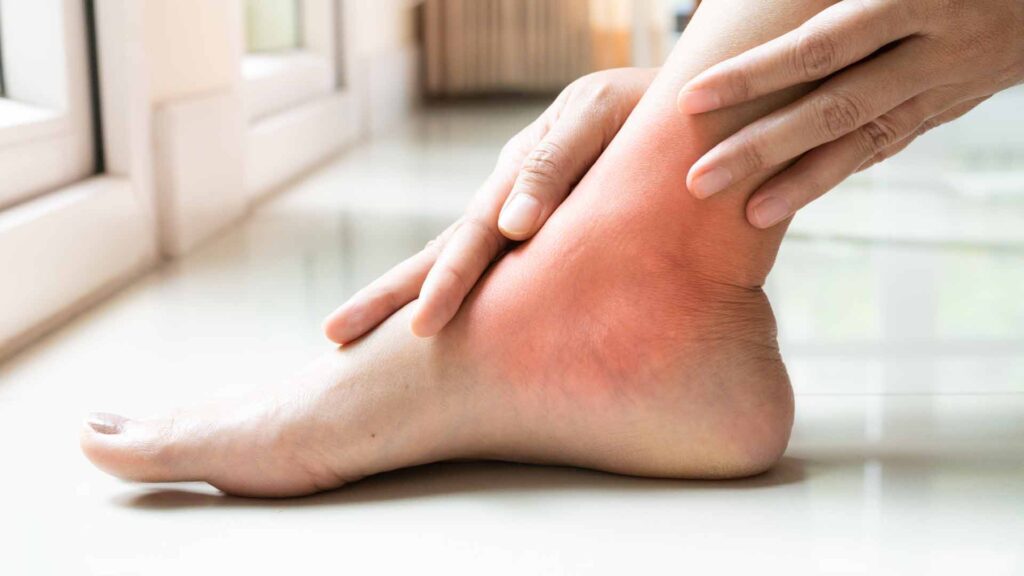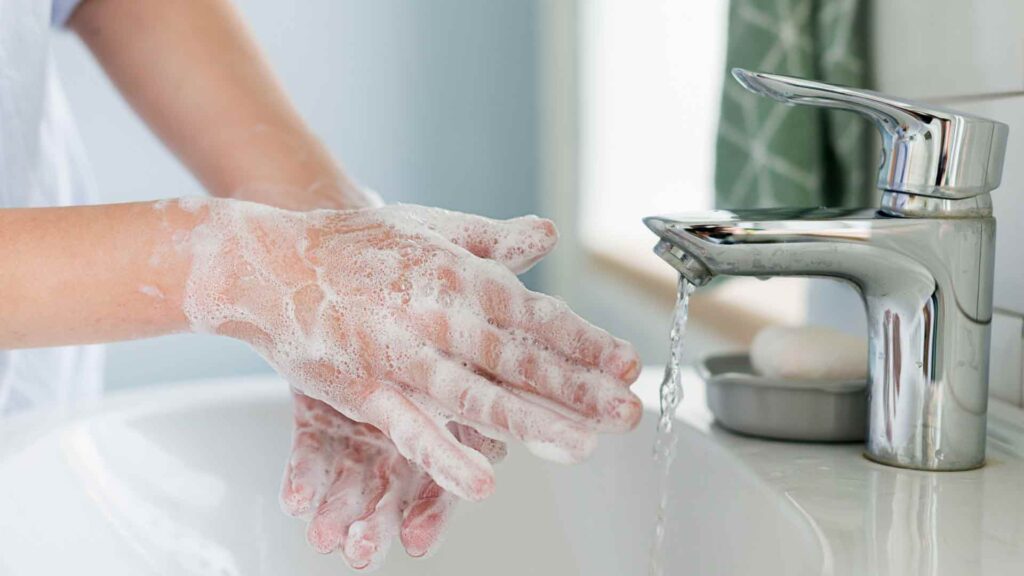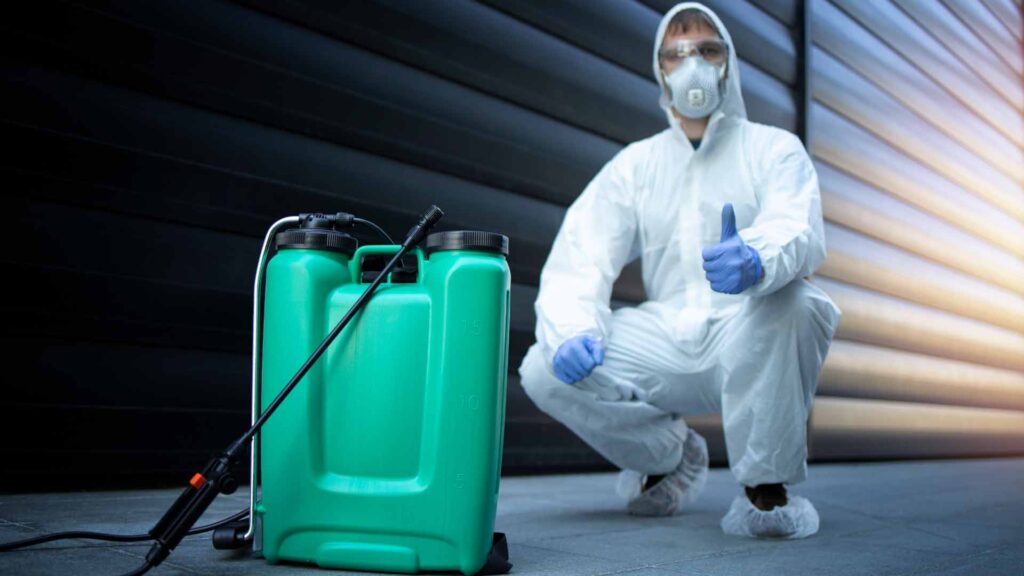How Sustaining Sanitation and Hygiene Improve the Quality of Living?
âCleanliness is next to Godliness.â How often have you heard the phrase? It is very natural to hear this phrase several times. Keeping yourself and your surroundings clean is a basic responsibility of every individual. Unfortunately, a lot of people fail to carry out their responsibilities of keeping sanitation and hygiene at top priority.
Cleanliness is the key

Maintaining cleanliness is an important component of having a healthy lifestyle because, every time we look around, it is only cleanliness that helps to improve our personality by keeping clean, both externally and internally.
Cleanliness implies that there will be no dust, dirt, stains, or odors. The ultimate goal for maintaining cleanliness is to enhance your health, and beauty and eliminate disease and foul smells.
It is everyone’s obligation to maintain themselves and their surroundings clean and sanitary. It also promotes pleasant and happy thoughts in the head, which inhibits the onset of diseases.
Cleanliness can help in maintaining a perfect state of mental and physical health.
- A clean environment always uplifts your mood.
- Cleanliness fosters good character by maintaining a peaceful and clean body, mind, and soul.
If you want to live a tranquil life, then maintaining cleanliness, sanitation and hygiene is vital. Thus, only clean habits can aid in improving the personality of a human being.
Problems that rural people suffer from due to bad hygiene
Millions of rural people worldwide lack access to adequate sanitation, and many defecate in the open. Poor hand washing practices and a lack of sanitary facilities contribute to the spread of disease-causing germs and bacteria.
Educational attainment, income- level, health awareness, and ethnicity together contribute to the ability of a person to access health services. Clean housing and clean water to drink are the basic necessities of every human being all across the globe.
However, rural residents will experience certain social factors that adversely affect their health. Cleanliness is definitely one of the prime missing factors in rural residents. This void is causing them to get deprived of many good things in life.
Mental or emotional disorders

Several scientific research studies show that a clean home is always responsible for physical and mental wellbeing. In rural areas, the space available to set up a family is little. Hence, the clutter causes mental fatigue all the time.
- People feel restless to stay in the suffocating environment for long.
- Lack of space adds to the stress.
- A cluttered environment increases cortisol hormone levels that the adrenal gland releases to cause stress.
That is why many rural residents suffer from mental illness from a young age. It increases the chances of drug addiction too.
COVID-19 and other infectious diseases
The Covid-19 pandemic in 2020 proved again that people living in rural areas fail to maintain social distancing and proper sanitization that can prevent the spread of the virus.
- There have been innumerable cases of affected rural areas with high mortality rates.
- Not only Covid-19, but any other infectious diseases spread faster in rural areas owing to the lack of proper clean habits.
For instance, washing hands with soap every time after holding something placed externally is mandatory. But the rural residents hardly maintain these habits.
Diarrhea, especially gastroenteritis

Contaminated food and water are the factors to blame if rural people suffer from diarrhea frequently. Lack of private access to water bodies and ignorance to purify water before drinking are some of the chief reasons why the rate of diarrhea and cases of gastroenteritis are increasing.
The only way to evade these health problems include
- Avoiding contaminated food and water
- Rehydration and rest are the key aspects of treatment.
Permanent remediation will happen if you can maintain basic cleanliness at home.
Respiratory infections, including colds and flu
Viruses and bacteria are responsible for the cause of flu. But if the virus affects your lungs, you will suffer from a severe respiratory infection. People can even die if the infection is severe.
But if people staying in the rural corners of the world are particular about maintaining âhygiene at home,â there is no need to worry about chest infections. It is important to curb the spread of the microorganisms that cause diseases.
Worm-related conditions, such as threadworms

Contaminated surfaces are responsible for giving rise to worms, especially threadworms. Failing to wipe the anus or vagina after going to the toilet and scratching the same later may cause the eggs to stick to the fingertips of children or adults.
As people in rural areas donât bother washing hands frequently, the chances of transmitting the eggs will be higher. If you want to stop the spread of the worms, you need to spread awareness about cleanliness.
Trachoma, an eye infection that can lead to blindness
The same applies to the spread of trachoma, a preventive infection that can cause blindness. Chlamydia trachomatis is the bacteria responsible for the disease that can spread through
- Personal contact
- Flies
- Sharing towels and clothes
- Touching nose and mouth with a contaminated hand
It is possible to stop the spread by Sustaining Sanitation and Hygiene
Tinea or athleteâs foot

Fungal infections will be rampant if people donât maintain clean habits. Tinea in children can cause much irritation on the skin. Scientifically called Dermatophyte infections, is one of the toe clefts that may afflict up to 10% of the overall population. It is usually attributable to wearing occlusive shoes for extended periods of time. Sharing washing facilities increases the risk of infection because the incidence of tinea pedis is higher among individuals who use community baths, showers, and pools. The disease affects more adult males than females.
Tooth decay
Not brushing twice a day is also an example of dirty habits. It can trigger the growth of germs in teeth, leading to quick decay.
According to a 2009 study, rural populations have lower health literacy. Poor oral health literacy can lead to poor oral hygiene and difficulty accessing the oral health system. According to a 2016 report, rural populations with low health education are more likely to ingest sugar-sweetened beverages and are more susceptible to dental caries.
Sanitation and hygiene targets of the sustainable development goals: Scope and Challenges
1. Basic and safely-managed sanitation

Sanitation is necessary for every household. The target should be to higher the rate of safely-managed sanitation. It involves an engaging maximum percentage of the population to use safely managed sanitation services including washing hands using soap and water.
2. Sanitation for all â discrimination and inequalities
There should be no discrepancy in the sanitation services for the people staying in rural areas. In fact, discrimination based on socio-economic status will never help in maximizing sanitation adoption.
3. Food Hygiene

It is the responsibility of knowledgeable people to share more information about how to maintain food hygiene. It can be simple facts including
- Not leaving the food uncovered
- Drinking boiled and filtered water
- Washing hands before eating
These can lead to a healthier future.
4. Politically and financially smart sanitation
The central governing authorities should work hard to find cost-effective sanitation solutions. Also, state political parties can make agendas to clean dirty areas and spread awareness among the backward classes.
5. Elimination of open defecation

The best way is to say no to open defecation and yes to toilets. Villages can have more public toilets for the help of farmers and factory workers. But it’s necessary to clean the common toilets too for preventing the spread of infection.
How can sanitation improve our lives?

According to WHO, at least 10% of the global population still consumes food that undergoes irrigation using wastewater. It goes without saying that the rate of stomach infection and diseases never go down.
- Sanitation can stop the spread of intestinal worms
- It can reduce the impact of malnutrition on adults and children.
- Promotes the dignity and positive thinking among people.
- Promotes school attendance as children will suffer less from infections and contagious diseases.
Thus, Sanitation can improve the entire way of living as people begin to like a neat and clean environment instead of dirt and filth.
Spreading the awareness
Several organizations are working to showcase the programs dedicated to sanitation and hygiene. Moreover, there are some notable individuals and organizations making an impact on UPDEED with their relentless efforts to make each citizen perceive the importance of hygiene.
One of those individuals is Erin Zaikis:
Erin Zaikis is the founder of RISE by Sundara. With Sundara, she connects with people all over the world who are fighting to improve their communities healthier and safer. Erin has lived in India, Thailand, Israel, and New York before settling in the Upper West Side of Manhattan.
Sundara works on projects to provide immediate access to sinks and toilets, also equips critical access to cleaning supplies, hand-soap, toiletries, diapers, and infant formula. To know more, connect with Erin on UPDEED.
Hygiene is a set of best personal practices. If a person does not understand the significance, you can never make the person follow the practices, but if it does, then the whole world can breathe into goodness. It is a joint venture where organizations, government, and common people have to work shoulder to shoulder.
Therefore, people must know about sanitation and its impact to perceive how it can improve their lifestyle. If you envision a better tomorrow, you should encourage sanitation and hygiene initiatives and amplify their impact via UPDEED.
Now download the app!






Very well written!!!
Please do checkout our website.
https://www.metrowestcleaningsystems.com/